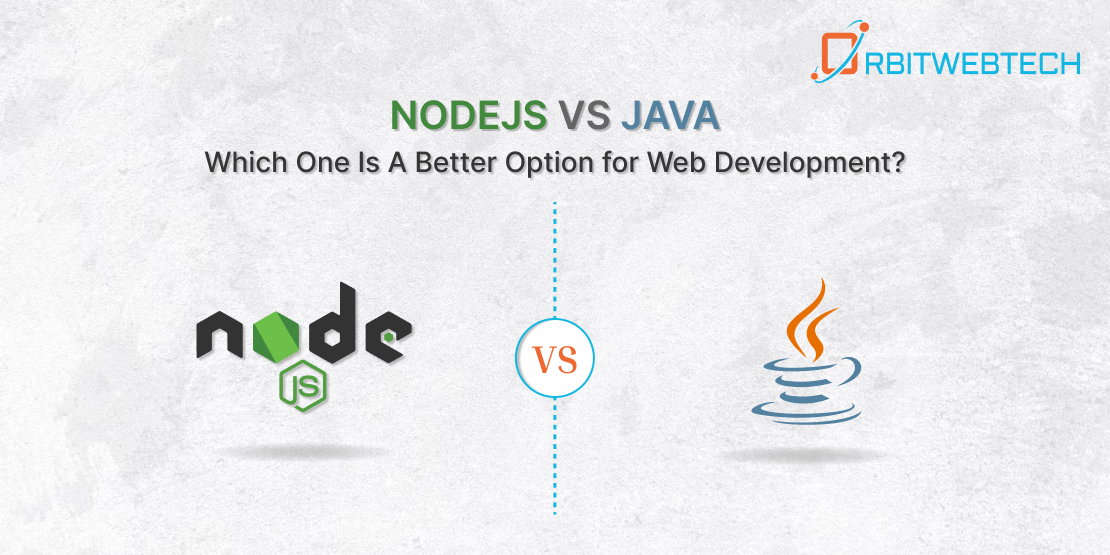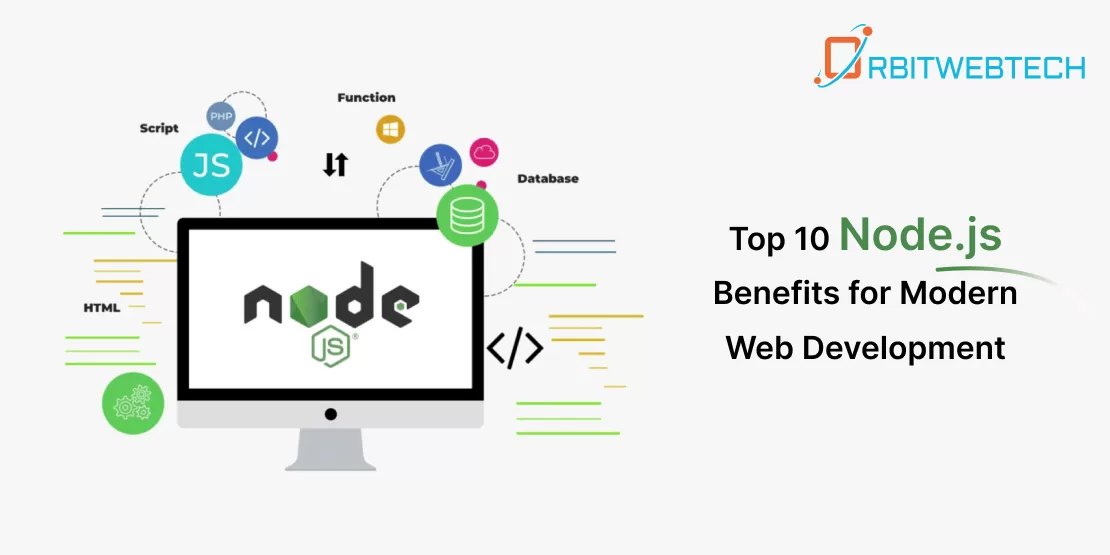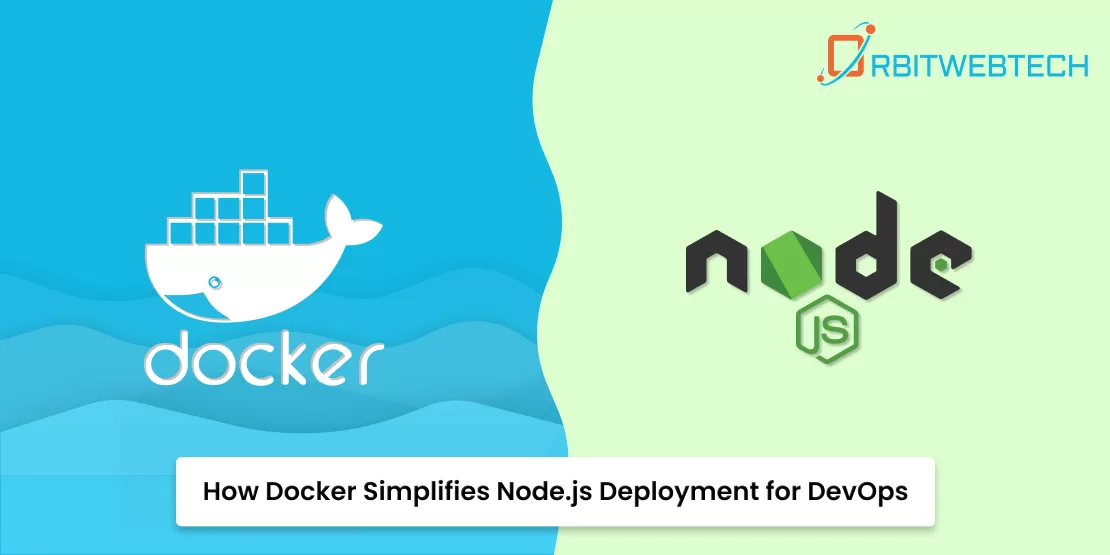
When it comes to web development, choosing the right technology stack can significantly impact the performance, scalability, and success of your project. Among the numerous programming languages and frameworks available, NodeJS and Java often stand out as two prominent choices. This article will delve into a comprehensive comparison between NodeJS and Java, analyzing their performance, scalability, community support, and more to help you make an informed decision.
Understanding NodeJS and Java
What is NodeJS?
NodeJS is an open-source, cross-platform JavaScript runtime environment that executes JavaScript code outside of a web browser. Created by Ryan Dahl in 2009, NodeJS is built on Chrome’s V8 JavaScript engine. It allows developers to use JavaScript for server-side scripting, enabling the development of fast and scalable network applications.
What is Java?
Java, developed by Sun Microsystems in 1995 and now owned by Oracle Corporation, is a high-level, class-based, object-oriented programming language. Known for its portability across platforms via the Java Virtual Machine (JVM), Java is widely used for building enterprise-level applications, Android apps, and large-scale web applications.
NodeJS vs Java: Key Differences
1. Performance
NodeJS Performance:
- Single-threaded Event Loop: NodeJS uses a single-threaded event loop model, making it highly efficient for I/O-bound tasks. It handles multiple connections concurrently using non-blocking I/O, resulting in low latency and high throughput.
- Asynchronous Programming: Node Js asynchronous nature allows it to handle numerous tasks simultaneously without waiting for one task to complete before starting another. This feature significantly boosts performance in real-time applications like chat apps and gaming servers.
Java Performance:
- Multi-threaded Model: Java employs a multi-threaded approach, allowing it to handle multiple tasks simultaneously. Each thread operates independently, making Java suitable for CPU-intensive applications.
- JIT Compilation: Java’s Just-In-Time (JIT) compiler converts bytecode into native machine code at runtime, optimizing performance. This feature ensures that Java applications run efficiently on various hardware configurations.
2. Scalability
NodeJS Scalability:
- Event-Driven Architecture: NodeJs event-driven architecture enables it to handle many concurrent connections with minimal resource consumption. This makes it highly scalable for applications with high I/O operations.
- Microservices: NodeJS works well with microservices architecture, allowing developers to build scalable and maintainable applications by breaking them into smaller, independent services.
Java Scalability:
- Robust Ecosystem: Java’s mature ecosystem includes various frameworks and tools designed to enhance scalability. Technologies like Spring Boot and Hibernate streamline the development of scalable web applications.
- Enterprise Applications: Java’s strong typing and structured nature make it a preferred choice for large-scale enterprise applications that require high scalability and maintainability.
3. Development Speed and Flexibility
NodeJS Development Speed:
- JavaScript Everywhere: With NodeJS, developers can use JavaScript for both front-end and back-end development, streamlining the development process and reducing the learning curve.
- NPM: The Node Package Manager (NPM) provides access to a vast repository of reusable modules and libraries, accelerating development and reducing the need for writing code from scratch.
Java Development Speed:
- Rich Libraries: Java boasts a comprehensive set of libraries and frameworks that facilitate rapid development. Tools like Apache Maven and Gradle further streamline the build and dependency management processes.
- Strong Typing: Java’s static typing reduces the likelihood of runtime errors, improving code reliability and maintainability.
NodeJS vs Java: Use Cases
Ideal Use Cases for NodeJS
- Real-Time Applications: Due to its non-blocking I/O and event-driven architecture, NodeJS excels in real-time applications such as chat apps, live streaming services, and online gaming.
- Single Page Applications (SPAs): NodeJS, combined with frameworks like React or Angular, is ideal for developing SPAs that require dynamic content loading without page refreshes.
- Microservices: NodeJS is a great fit for building microservices-based architectures, enabling the development of highly scalable and maintainable applications.
Ideal Use Cases for Java
- Enterprise-Level Applications: Java’s robustness, security features, and scalability make it the go-to choice for large-scale enterprise applications, including banking systems, e-commerce platforms, and customer relationship management (CRM) systems.
- Android Development: Java is the primary language for Android app development, making it indispensable for mobile application developers targeting the Android platform.
- Complex Web Applications: Java’s performance and multi-threading capabilities are well-suited for building complex web applications that require high computational power and concurrency.
NodeJS vs Java: Community and Ecosystem
NodeJS Community and Ecosystem:
- Vibrant Community: NodeJS has a vibrant and active community that continually contributes to its growth. Regular updates and a plethora of open-source modules ensure that developers have access to the latest tools and technologies.
- Learning Resources: The abundance of tutorials, documentation, and community support makes it easier for new developers to learn and master NodeJS.
Java Community and Ecosystem:
- Established Community: Java has been around for over two decades, resulting in a well-established and mature community. This longevity ensures extensive documentation, tutorials, and community support.
- Enterprise Support: Java’s ecosystem includes numerous enterprise-grade frameworks and tools that cater to the needs of large organizations, providing robust solutions for complex problems.
NodeJS vs Java: Which One Should You Choose?
When to Choose NodeJS:
- If your application requires real-time interactions, such as chat apps, collaborative tools, or live streaming platforms, NodeJS’s event-driven architecture and non-blocking I/O make it an excellent choice.
- For projects where development speed and flexibility are crucial, NodeJS allows full-stack JavaScript development, reducing the complexity of managing different languages for front-end and back-end.
When to Choose Java:
- If you’re building a large-scale enterprise application that demands high performance, security, and scalability, Java’s mature ecosystem and robust frameworks provide the necessary tools and reliability.
- For Android mobile app development, Java remains a primary language, offering comprehensive support and a vast array of libraries to streamline the development process.
Partner with Orbitwebtech for Your Web Development Needs
In the discussion between NodeJS vs Java, the best option ultimately depends on your project’s individual objectives and goals. NodeJS flourishes in real-time applications and fast-paced development settings, whereas Java excels at creating large-scale, secure, and high-performance business systems. Understanding the pros and disadvantages of each might help you choose the best technology for your web development project.
Orbitwebtech understands the importance of selecting the correct technology stack to fulfill your specific requirements. Whether you choose NodeJS or Java, our skilled developers are ready to create high-quality web development solutions that are suited to your specific business needs. Orbitwebtech provides dependable, scalable, and high-performance web applications that fuel your business.


